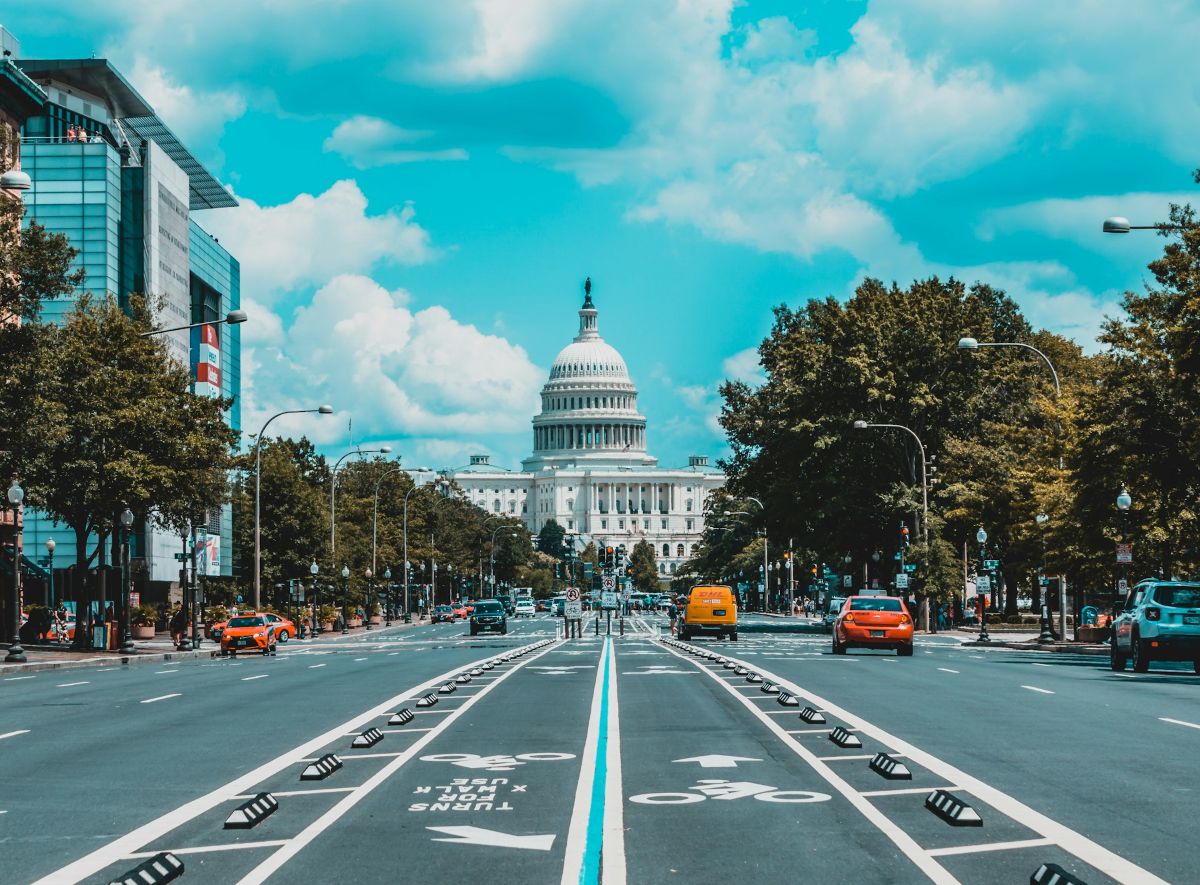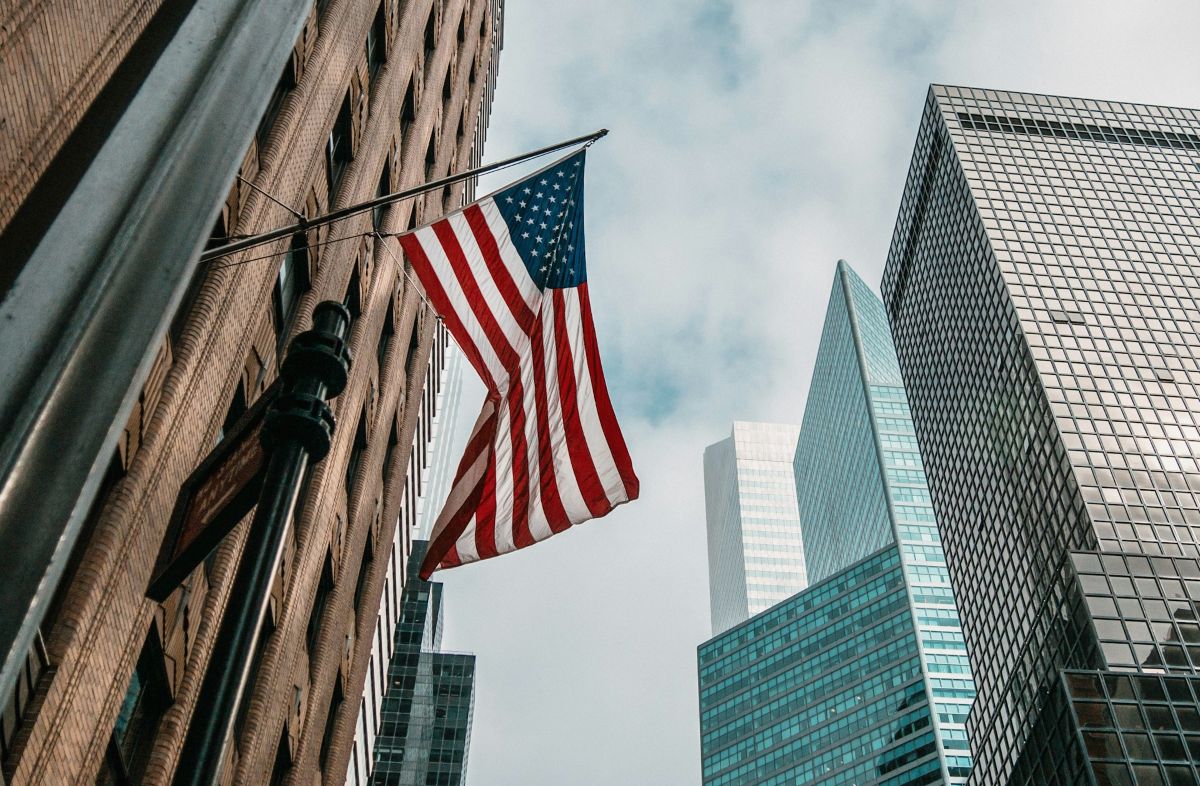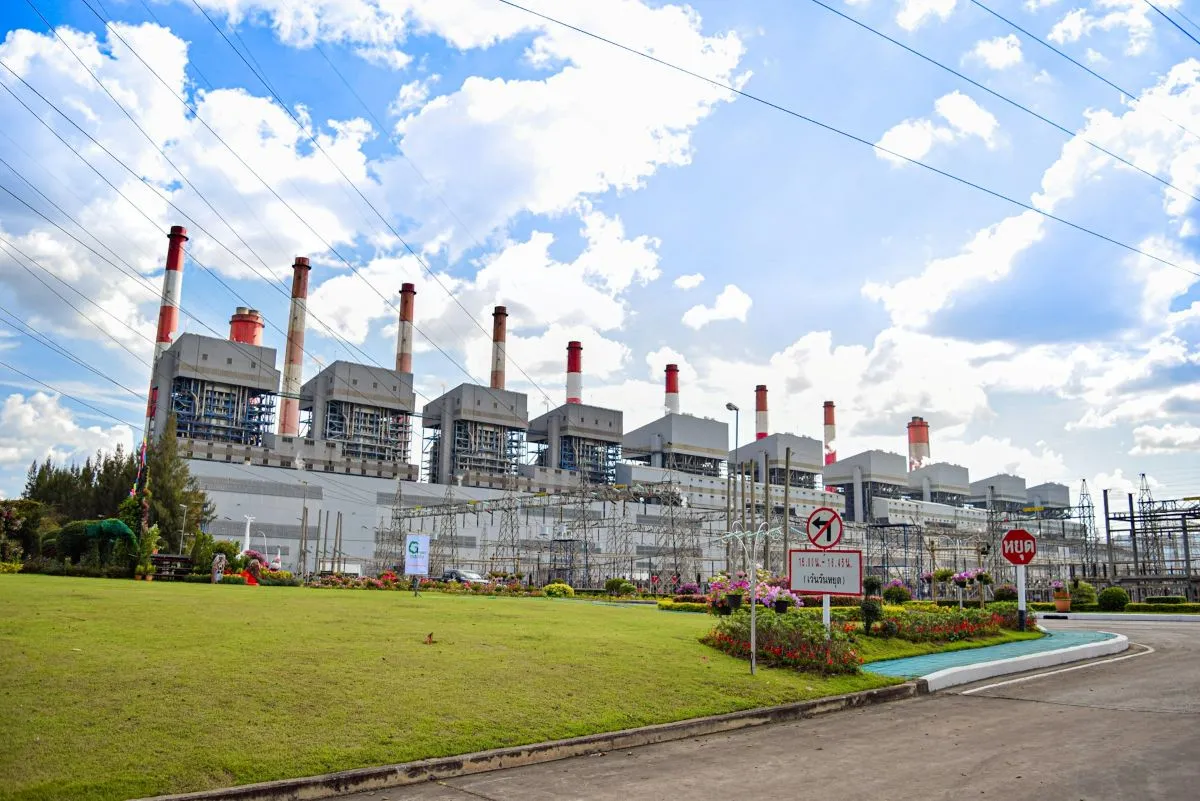Table of Contents
ToggleThe Trump 2025 tariffs impact is reshaping global trade in profound ways, creating both challenges and opportunities for international employers
In early 2025, just weeks after returning to the White House, President Donald Trump announced sweeping new tariffs aimed at reshaping America’s position in global trade. Targeting hundreds of billions in imports—particularly from China but extending to other trade partners—these tariffs are not just a political message. They represent a fundamental shift in how the United States engages with the global economy.
As businesses adapt to this changing landscape, one question looms especially large for global employers: How will these tariffs affect international hiring, outsourcing, and global workforce strategy?
At Eos Global Expansion, we work with companies navigating complex international hiring decisions. Here’s our breakdown of what the new Trump tariffs mean—and how global businesses can stay agile in a more protectionist era.
What the New Tariffs Actually Cover
The new 2025 tariffs introduced by the Trump administration expand and intensify earlier trade restrictions. Highlights include:
- A 145% tariff on all Chinese goods imported into the U.S.
- Renewed tariffs on automobiles and automotive parts from countries including Mexico, South Korea, and Germany
- Expanded tariffs on green technology components, including batteries, solar panels, and electric vehicle parts
- Targeted tariffs on steel, aluminum, and semiconductors, aiming to repatriate advanced manufacturing
These measures are part of a broader “America First” trade policy, with the stated goal of reviving U.S. industry, curbing trade deficits, and reducing reliance on strategic competitors.
But their impact isn’t limited to manufacturers.
Read more: US Registration for Foreign Nationals: What Employers Need to Know About New Immigration Rules
Global Trade Is Shifting—Even for Service-Based Businesses
While tariffs apply to goods, not services, the second-order effects often reach deep into the service economy. Companies that sell physical products across borders must rethink their supply chains, logistics, and pricing. And when goods-based sectors reorganize, so do the service providers that support them—design, engineering, R&D, and remote operations included.
For instance:
- A U.S. electric vehicle startup hit by tariffs on Chinese battery imports may cut its outsourced design budget.
- A German carmaker facing tariffs on U.S.-bound exports might freeze hiring in support centers abroad.
- A Chinese tech firm may face stricter scrutiny when working with U.S. clients—even if offering non-physical services.
The point? Even if your company is in services, tariff policy can still affect your clients, your partners, and your global operations.
Will Trump’s Tariffs Affect Remote Hiring or Outsourcing?
Directly—no.
Services provided by international contractors or employees, including software development, marketing, finance, and customer support, are not covered by current tariff schedules.
If your company hires remote workers in the Philippines, engineers in Vietnam, or product managers in Mexico, those arrangements are considered service imports and do not fall under U.S. tariff law. However, there are important caveats:
Increased Regulatory Scrutiny
The Trump administration has made it clear that foreign outsourcing and remote work arrangements, especially in strategic industries, may face new layers of scrutiny. While services are not currently subject to tariffs, adjacent policies could impact how businesses operate internationally. Enhanced restrictions on cross-border data transfers, stricter enforcement of the “Buy American” agenda, and new digital security requirements may indirectly raise the cost or complexity of hiring abroad. Companies working in tech, AI, cybersecurity, or finance should pay particular attention.
Retaliatory Trade Measures
Tariffs seldom go unanswered. Countries impacted by U.S. tariffs—including China and several EU members—are already exploring retaliatory measures. These might include new taxes on digital services, restrictions on U.S.-based companies operating abroad, or even policy-based incentives that shift outsourcing away from American firms. While not directly targeting employers, such measures can destabilize foreign labor markets, limit access to skilled talent, or drive up the cost of doing business in once-reliable regions.
Economic Uncertainty
Tariff-heavy trade environments often produce ripple effects far beyond the original industries. Currency volatility, rising inflation, and disrupted supply chains can alter budget forecasts and hiring plans. Companies that rely on outsourced services may find their global partners impacted by reduced demand, higher operational costs, or shifting workforce priorities. For international employers, this means building flexible workforce strategies that can adapt quickly to economic changes, including fluctuating compensation expectations and evolving risk profiles.

What The Trump 2025 Tariffs Impact Means for International Employers
At first glance, tariffs on goods may not seem directly relevant to companies hiring remote talent or operating service-based models. However, the Trump 2025 tariffs impact is not limited to the cost of physical imports; it also extends to the broader geopolitical and regulatory environment. Rising geopolitical tensions, increased regulatory nationalism, and protectionist sentiment are all contributing to a more fragmented, less predictable business environment.
Many multinationals are already feeling the squeeze. Delayed deliveries (with DHL even suspending high value US deliveries altogether), retaliatory tariffs from affected countries, and shifts in sourcing costs are making expansion decisions more complex. Even companies in software, finance, and services are seeing indirect consequences: new local data laws, digital taxes, and a general push to keep capital and labor “at home.”
For companies relying on cross-border teams, freelance talent, or global outsourcing, these trends raise a crucial question: How do we grow internationally without locking ourselves into rigid, risky structures?
The Employer of Record Advantage
In this evolving environment, flexibility is the strongest advantage. That’s where an Employer of Record (EOR) comes in.
With an EOR service provider, companies can:
- Hire employees in any country without opening a legal entity
- Stay compliant with local labor laws, payroll, tax, and benefits rules
- Scale teams up or down quickly if policy shifts affect markets
- Maintain separation from regulatory exposure, trade classification, or customs requirements
EOR hiring is not considered “importation” of labor or goods. It is a local employment solution structured through a third party, making it an ideal fit for companies seeking low-risk international growth while U.S. trade policy evolves.
Key Takeaways for Global Employers in 2025
1. Services Still Offer Protection from Tariffs
Despite the sweeping changes in trade policy, U.S. law continues to treat services differently from goods. Tariffs apply to physical imports, not intangible labor or remote work. That means hiring developers in Vietnam or outsourcing design to a firm in Colombia won’t trigger import duties. However, that doesn’t mean the landscape is completely risk-free. The Trump 2025 tariffs impact also brings increased scrutiny to certain sectors. AI, fintech, and cloud-based services especially are under increased scrutiny for national security or IP concerns. For now, the absence of tariffs on services gives international employers a degree of flexibility. But given the shifting tone in Washington, it’s critical to monitor regulatory developments and maintain legal compliance in every country you hire.
2. Diversification Matters More Than Ever
The Trump 2025 tariffs impact have exposed a major vulnerability for businesses that rely too heavily on one country—particularly China—for talent, production, or service delivery. A single policy shift can disrupt entire workflows or send costs soaring. In response, companies are accelerating their “China-plus-one” strategy, diversifying their operations across multiple lower-risk regions. Southeast Asia, Eastern Europe, and parts of Latin America are emerging as preferred alternatives thanks to growing talent pools, improved infrastructure, and relative insulation from U.S. trade tensions. A well-diversified workforce is no longer just a hedge against economic risk—it’s a competitive advantage.
3. Trade Policy Can Shift Quickly
If the 2024 election taught us anything, it’s that global strategy must account for political volatility. The current U.S. trade stance looks very different from that of the Biden administration just a year ago. This kind of abrupt policy reversal can leave companies overexposed if they’ve committed to a single market or rigid entity structure. That’s why flexibility is key. Employer of Record (EOR) solutions allow companies to test new markets, hire quickly, and stay compliant—without setting up a local entity. This gives employers a critical edge when policy shifts or geopolitical tensions create sudden barriers to entry or continuity.
4. Compliance Is the New Risk Frontier
Even when tariffs aren’t the issue, regulatory complexity increasingly is. Governments around the world are tightening rules on labor classification, tax reporting, ESG disclosures, and data privacy. For global teams, the compliance burden can become overwhelming, especially when trying to scale or manage multiple jurisdictions. EOR platforms help mitigate these risks by embedding local compliance into the employment model. This means your business stays ahead of fast-changing laws without having to build in-house legal infrastructure in every country you operate.
What Comes Next: A Reshaped Global Hiring Strategy
The Trump 2025 tariffs impact is just one piece of a larger puzzle. We’re entering an era where trade is more regionalized, digital sovereignty is on the rise, and national interest often trumps multilateral cooperation. For businesses committed to global growth, the path forward is not about retreat, it’s about agility.
Rather than delay your international plans waiting for policy certainty, focus on building a strategy that allows for adaptation. Start with EOR to enter markets without long-term commitments. Prioritize jurisdictions with more stable trade relationships. Structure your workforce so you can pivot quickly if tariffs, tax laws, or labor policies shift. And above all, choose partners who understand both the compliance landscape and the commercial drivers of global expansion.
The companies that thrive in this new era won’t be those that avoided risk; they’ll be the ones that planned for it, moved decisively, and stayed one step ahead of change.
Final Thoughts
Global trade is no longer frictionless, and global hiring isn’t immune from those frictions. But the most successful companies won’t be the ones that pause or pull back. They’ll be the ones that move forward: with the right model, the right partners, and the right level of flexibility.
At Eos Global Expansion, we help you hire and scale in over 100 countries—without the cost, delay, or exposure of traditional entity setup. Whether you’re navigating Trump-era tariffs, shifting supply chains, or a new global compliance regime, we provide the structure that keeps you compliant and competitive.
Looking to de-risk your international hiring strategy in 2025? Let’s talk. Book a free consultation now.
Photo by Nik Shuliahin 💛💙 on Unsplash






